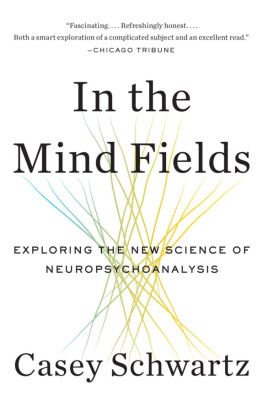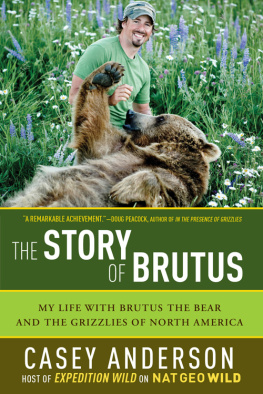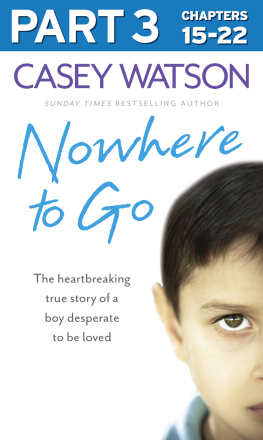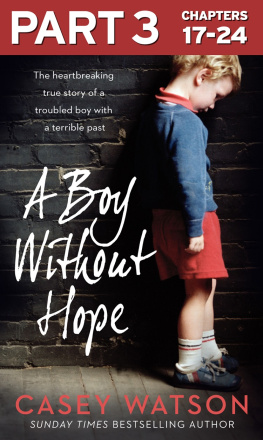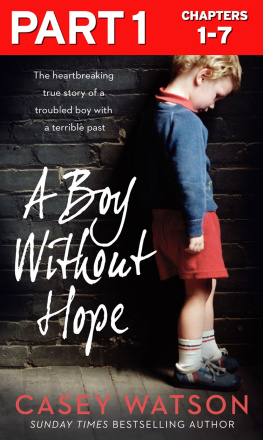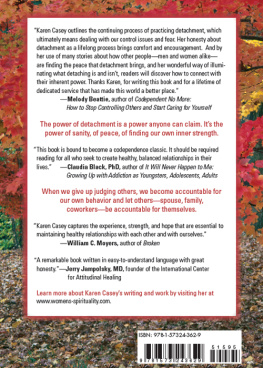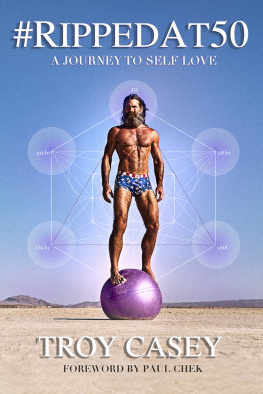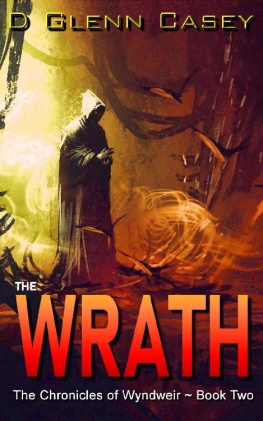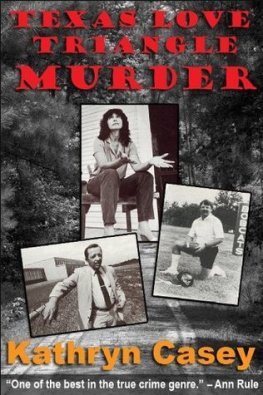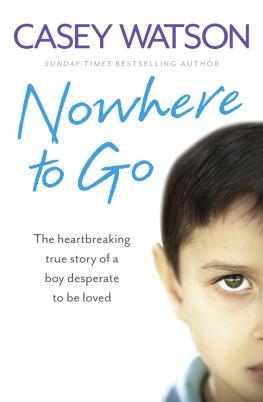Casey Schwartz - Attention: A love story
Here you can read online Casey Schwartz - Attention: A love story full text of the book (entire story) in english for free. Download pdf and epub, get meaning, cover and reviews about this ebook. year: 2020, publisher: Knopf Doubleday Publishing Group, genre: Detective and thriller. Description of the work, (preface) as well as reviews are available. Best literature library LitArk.com created for fans of good reading and offers a wide selection of genres:
Romance novel
Science fiction
Adventure
Detective
Science
History
Home and family
Prose
Art
Politics
Computer
Non-fiction
Religion
Business
Children
Humor
Choose a favorite category and find really read worthwhile books. Enjoy immersion in the world of imagination, feel the emotions of the characters or learn something new for yourself, make an fascinating discovery.
- Book:Attention: A love story
- Author:
- Publisher:Knopf Doubleday Publishing Group
- Genre:
- Year:2020
- Rating:5 / 5
- Favourites:Add to favourites
- Your mark:
- 100
- 1
- 2
- 3
- 4
- 5
Attention: A love story: summary, description and annotation
We offer to read an annotation, description, summary or preface (depends on what the author of the book "Attention: A love story" wrote himself). If you haven't found the necessary information about the book — write in the comments, we will try to find it.
Attention: A love story — read online for free the complete book (whole text) full work
Below is the text of the book, divided by pages. System saving the place of the last page read, allows you to conveniently read the book "Attention: A love story" online for free, without having to search again every time where you left off. Put a bookmark, and you can go to the page where you finished reading at any time.
Font size:
Interval:
Bookmark:
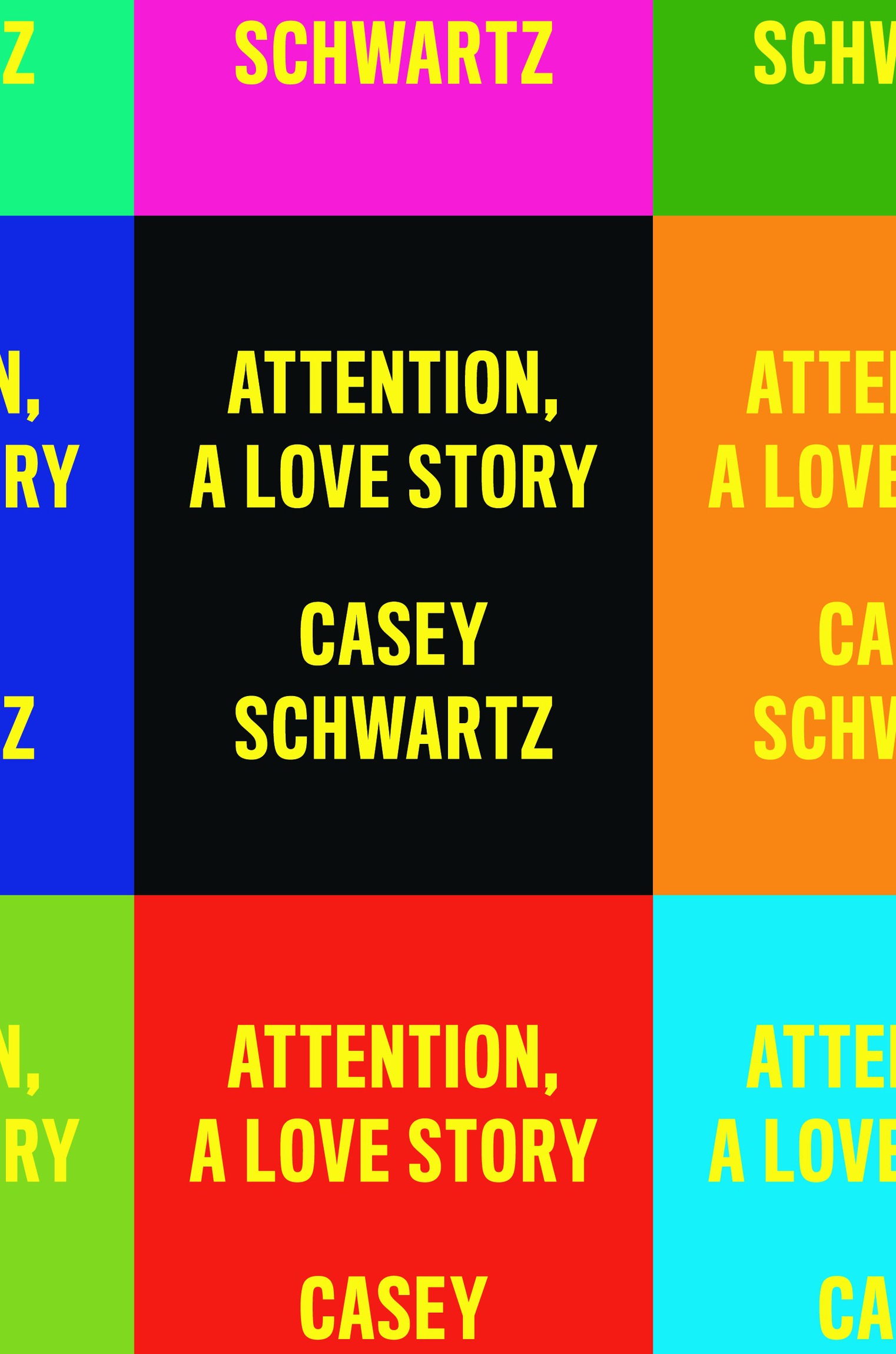
In the Mind Fields:
Exploring the New Science of Neuropsychoanalysis
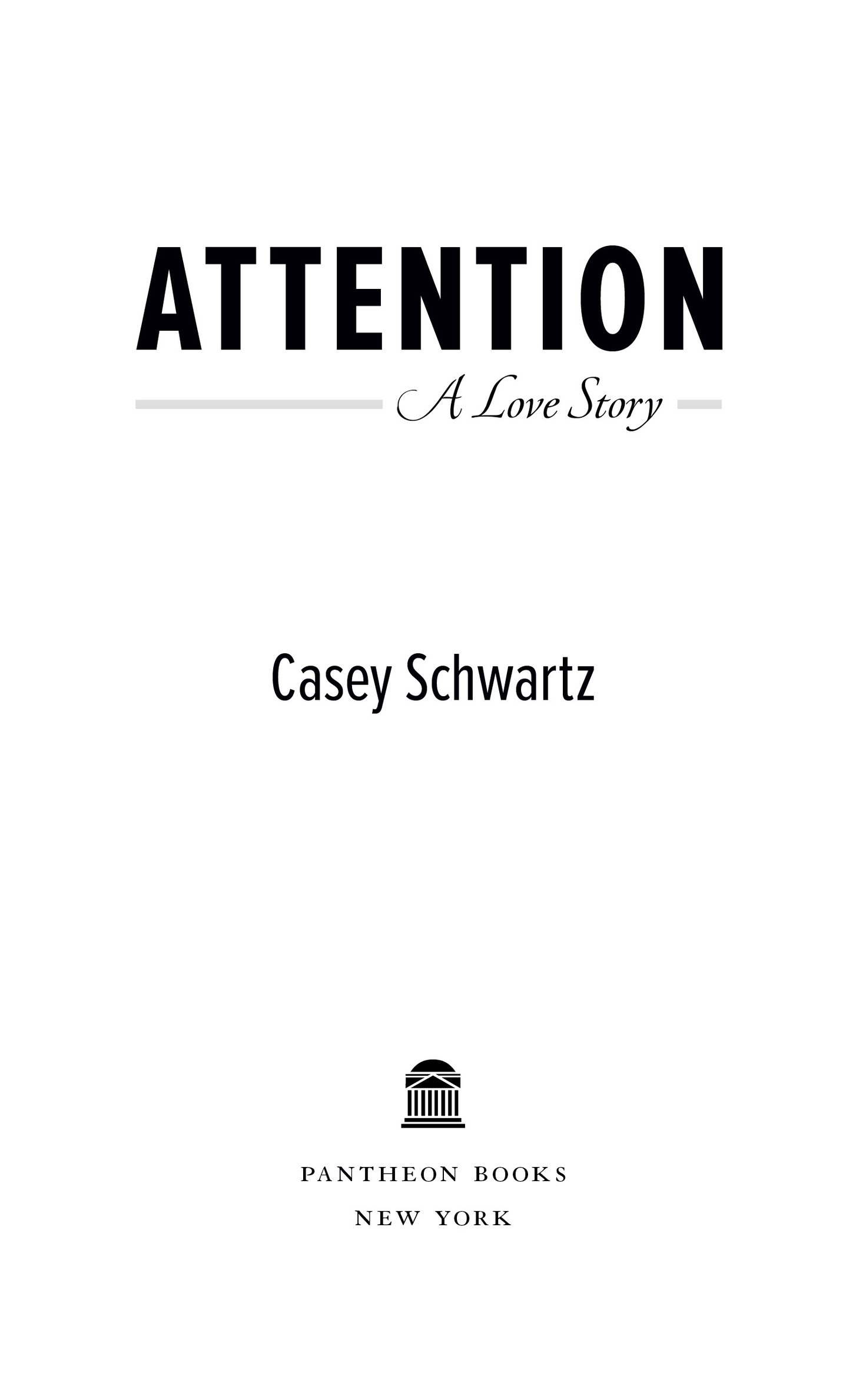
This is a work of nonfiction, but the names of certain individuals as well as identifying descriptive details concerning them have been changed to protect their privacy.
Copyright 2020 by Casey Schwartz
All rights reserved. Published in the United States by Pantheon Books, a division of Penguin Random House LLC, New York, and distributed in Canada by Penguin Random House Canada Limited, Toronto.
Pantheon Books and colophon are registered trademarks of Penguin Random House LLC.
Excerpt of Praying from Thirst by Mary Oliver, published in the United States by Beacon Press, Boston, Massachusetts, in 2006. Copyright 2006 by Mary Oliver. Reprinted by permission of the Charlotte Sheedy Literary Agency, Inc.
Library of Congress Cataloging-in-Publication Data
Name: Schwartz, Casey, author.
Title: Attention : a love story / Casey Schwartz.
Description: First edition. New York : Pantheon Books, 2020
Identifiers: LCCN 2019027783 (print). LCCN 2019027784 (ebook). ISBN 9781524747107 (hardcover). ISBN 9781524747114 (ebook)
Subjects: LCSH : Schwartz, Casey. Attention. Attention-deficit hyperactivity disorder. Distraction (Psychology). Information technologySocial aspects.
Classification: LCC BF 321. S 337 2020 (print) | LCC BF 321 (ebook) | DDC 153.7/33dc23
LC record available at lccn.loc.gov/2019027783
LC ebook record available at lccn.loc.gov/2019027784
Ebook ISBN9781524747114
www.pantheonbooks.com
Cover design by Stephanie Ross
ep_prh_5.5.0_c0_r0
For J.K. and, as always, M.B.
This story begins with the Adderall. I am referring to the pills that entered my life, as they did so many lives, when I was eighteen years old and stayed lodged there until I was thirty. These pills seemed to offer me pure, distilled attention any time I needed it, to compensate for whatever I imagined my deficiencies in that department to be.
And, like any love story, I remember everything about the moment it began. In 2000, I was a freshman at Brown University. One night, still in our first term, Id come to complain to a friend about the situation in which I found myself: an essay due the following afternoon on a book I had yet to read. All around us, her clothes were strewn messily on her dorm room floor. Do you want an Adderall? she asked. I cant stand them. They make me want to stay up all night doing cartwheels in the hall. Could there be a more enticing description? From a ball of tinfoil, she pulled out a single pill, the deep bright blue of a cartoon sky. My hand shot out to receive it. I had come there merely to vent, but I left with my first Adderalla medication prescribed for attention deficit hyperactivity disorder, or ADHD, a condition I knew nothing about, except for some vague awareness of classmates in high school who had needed extra time when taking their exams. At the time my friend unfurled her tinfoil ball, Adderall had been on the market roughly four years, but it was brand-new to me.
An hour later, I was in the basement of the Rock, our nickname for the library, hunkered down in the Absolute Quiet Room, in a state of ecstasy. The world fell away; it was only me, locked in the passionate embrace of the book in front of me, and the thoughts I was having about it, which tumbled out of nowhere and built into what seemed a pile of riches. When dawn came to Providence, I was hunched over in the grubby lounge of my dormitory, typing my last fevered perceptions, barely aware that outside the window, the sky was turning pink. I was alone in my secret new world, and that aloneness was part of the great intoxication. I needed for nothing and no one.
I didnt know it then, but it was actually in Providence, nearly seventy years before, that Benzedrine, an amphetamine-based precursor to Adderall, had been given one of its first test runs. In 1937, at the Emma Pendleton Bradley Home for disturbed and difficult children, Dr. Charles Bradley performed the first of two experiments to test the effects of Benzedrine on children. The pills were created as decongestants but were also known to boost moods in adults. Dr. Bradley was surprised by the results: the kids calmed down, became less rowdy and raucous, and seemed to gobble up their school lessons with relish. They became, in other words, rapturously, singularly, focused.
Like those difficult children before me, I would experience this same sensation again and again over the next four years, whenever I could get my hands on Adderall, which was frequently but not, I felt, frequently enough. There were ways of getting more, each of them shrouded in a thick ethical dinginess. For instance: The campus black market, where the ADHD kids sold off their prescriptions at exorbitant markups. The heiress whose pills I swiped while attending her numerous parties. Later, the barter system, wherein I helped with other peoples essays in exchange for their meds.
Quickly, my Adderall hours became the most precious hours of my life, far too precious for the Absolute Quiet Room. I now needed to locate the most remote desk in the darkest, most neglected corner of the upper-level stacks, tucked farthest away from the humming campus life outside. That life no longer interested me. Instead, what mattered, what compelled, were the hours I spent in isolation, poring over, for instance, Immanuel Kants thoughts on the sublime. I read and reread the lines. The text was difficult, but my attention was now unflagging, bionic. The single greatest impediment to comprehension had been removed. The Kantian enigma clicked into place.
It was fitting: this was sublime, these afternoons I spent in untrammeled focus, absorbing the complicated ideas in the books in front of me, mastering them, penetrating every inch of their surface with my razor-like comprehension, making them a part of myself. Or rather, of what I now thought of as my self, which is to say, the steely, undistractible person whom I vastly preferred to the lazier, glitchier person I secretly knew my actual self to be, the one who was subject to fits of lassitude and a tendency to eat too many Swedish Fish.
I dont think that in the years before I took that first blue pill, I had consciously doubted my own ability to focus. But once I tried Adderall, I couldnt forget what it promised me: a quality of attention that I now idolized and craved. It was attention weaponized, slashing through procrastination and self-doubt, returning me to a place that felt almost like childhood, with its unclouded pleasures of rapt hours, lost in books and imagination. Childhood, but with a jittery amphetamine edge.
Another thing: Adderall wiped away the question of willpower. I could study all night, then run ten miles, then breeze that weeks New Yorker, all without pausing to consider whether I might prefer to lie around, or go to the movies. It was fantastic. I lost weight. That was nice too. Deeper into the Adderall years, I started to snap at friends, abruptly accessing huge depths of fury I wouldnt have thought I possessed. When a roommate went home one weekend and forgot to turn off her alarm clock so that it beeped behind her locked door for forty-eight hours, I entirely lost control, calling her in New York to berate her. My anger, unhinged as it was, felt out of proportion to the crime. God knows how long it had been since I had slept more than five hours. Why bother?
Font size:
Interval:
Bookmark:
Similar books «Attention: A love story»
Look at similar books to Attention: A love story. We have selected literature similar in name and meaning in the hope of providing readers with more options to find new, interesting, not yet read works.
Discussion, reviews of the book Attention: A love story and just readers' own opinions. Leave your comments, write what you think about the work, its meaning or the main characters. Specify what exactly you liked and what you didn't like, and why you think so.


